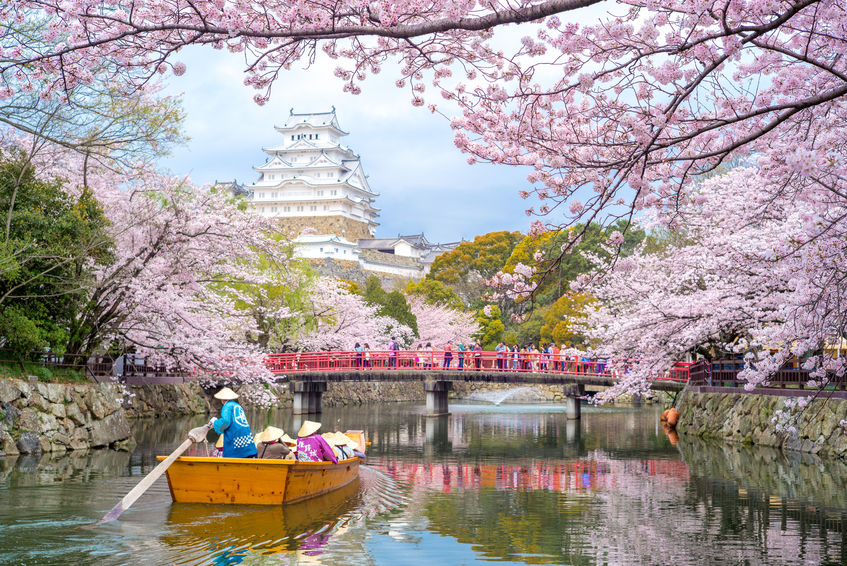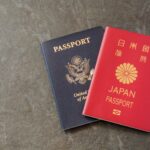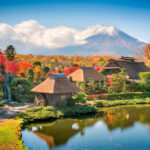Is Japan’s Water Safe to Drink?

Is Japan’s Water Safe to Drink?
Travelers often wonder about the safety of consuming tap water in foreign countries. One of the nations that spark this question is Japan. So, is Japan’s tap water safe to drink? Let’s delve into the details.
Understanding the Japanese Water System
Japan, known for its meticulous attention to detail and high standards of quality, is no different when it comes to its water supply system. The country ensures rigorous quality control and purification processes that are on par with global standards. Japanese water utilities employ advanced filtration systems, including sand filtration, ozonation, and activated carbon, among other processes. The aim is to provide residents and tourists with clean, safe, and tasty tap water.
Regular Quality Checks
Water quality in Japan undergoes regular and rigorous checks, ensuring that impurities and potential harmful elements are kept well within international safety limits. The Ministry of Health, Labour and Welfare dictates the standards for water quality and performs over 50 different tests on the water supply, covering everything from bacteria and turbidity to harmful chemicals.
Regional Variations
While the overarching standards for water quality are consistent nationwide, it’s essential to understand that taste and mineral content may vary by region. This is mostly due to differences in the source of the water, whether it’s from rivers, reservoirs, or underground sources. Some regions have softer water, while others might have slightly harder water due to mineral content. However, this does not translate to a lack of safety.
Bottled Water vs. Tap Water
Given Japan’s high standards for water safety, why is bottled water still popular among locals and tourists alike? One of the reasons is taste preference. As mentioned earlier, regional variations can lead to different water tastes. Some people may prefer the taste of a particular brand of bottled water over their local tap water. Moreover, bottled water is convenient for on-the-go hydration, especially in areas without easily accessible public water fountains.
A Note on Natural Disasters
While Japan’s infrastructure is robust, it’s worth noting that natural disasters, such as earthquakes or typhoons, can temporarily affect water quality. In such instances, local advisories might issue boil water notices. It’s always a good idea to stay updated with local news or advisories during your stay, especially if you’re in an area recently affected by a natural disaster.
Misconceptions About Tap Water Safety Abroad: A Japanese Perspective
Some Japanese people have misconceptions that tap water in any country other than Japan is not safe and would not drink tap water when they travel overseas including countries like the United States, Canada or Australia.
It’s not uncommon for people from many countries, including Japan, to have misconceptions about the quality and safety of tap water in foreign lands. This phenomenon is particularly noticeable among some Japanese travelers, who might avoid drinking tap water in countries like the United States, Canada, or Australia, even when local residents drink it without a second thought.
Conclusion
In conclusion, Japan’s tap water is not only safe to drink but is also held to very high-quality standards. While regional variations in taste might encourage some to opt for bottled water, this is more a matter of personal preference rather than a safety concern. As always, when traveling, it’s crucial to stay informed and make decisions based on both nationwide standards and any local advisories that might be in place.
So, the next time you’re in Japan and pondering over a glass of tap water, remember that it’s more than just safe – it’s a testament to Japan’s commitment to quality and the well-being of its residents and visitors alike.












